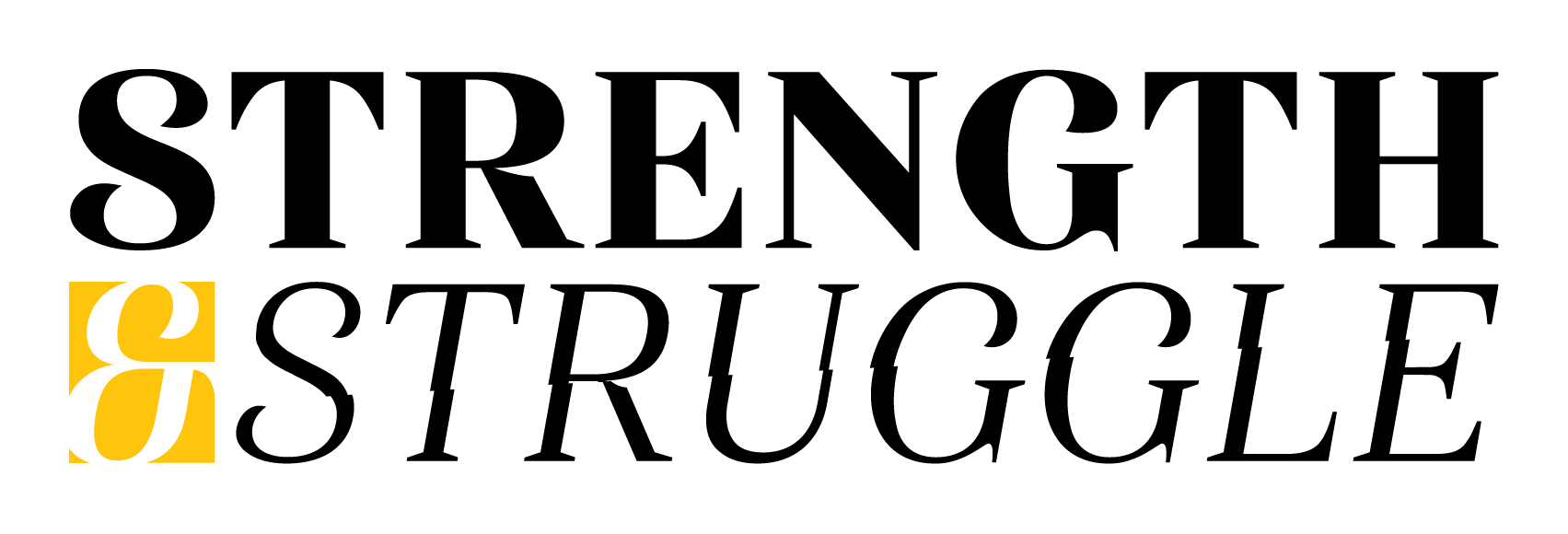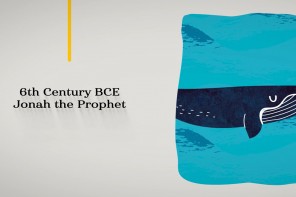Every generation defines and expresses itself differently, from the literature it produces, to the songs it composes, to the technology it invents, to the wars it wages. While perhaps it was true that in years past, and especially during the Dark Ages, fear was used as a primary motivator to inspire people to live a moral and spiritually-oriented life, a more appropriate discourse today should be about love, healing, integration and harmony.
Teshuvah is one of the grand revelations and gifts of the Torah. It speaks of hope for a better today and empowers us to choose a brighter tomorrow.
But what is teshuvah? Often philosophical, psychological or even mystical terminologies seep into popular culture and take on connotations that are entirely different from their originally intended meanings. Teshuvah is one such word. Colloquially, the word teshuvah has become synonymous with the English word ‘repentance,’ suggesting a relationship to ‘sin.’ ‘Repentance,’ from the word ‘penance,’ seems to imply remorse or guilt and an effort to alter one’s behavior, while the implication of teshuvah is of a different order, as we will explore. As a result of such colloquial translations, the word teshuvah itself has been imbued with connotations far removed from its authentic meaning, until the word can seem stale and antiquated. A shift in perspective is required to recapture the true meaning and the transformative power of teshuvah. We need to re-contextualize this grand idea and create a fresh way of speaking about it.
Much like computers, our brains incline toward a binary system, and as a result, so does human language. Linguistic homeostasis depends on resolving cognitive dissonance caused by competing concepts and perceived contradiction. From the brain’s nonnative perspective, there is either up or down, left or right, 0 or 1, but never both opposites at once. In other words, our minds operate in dichotomy and duality, within an either/or paradigm, also known as an Aristotelian worldview. We tend to use words such as good or bad, right or wrong, white or black, and forces of light or forces of darkness. Logically, then, our theological view can become ‘God vs. evil,’ as if there were any real parity or any genuine independence of any creation in relation to its Creator. We imagine a ‘Mighty Ruler’ above, who dictates to us what we should and should not do, who uses fear and intimidation as the primary motivators to do His bidding lest we be condemned and punished. To a thus conditioned mind, choosing God, who is the ultimate source of goodness, sadly seems the lesser of two evils. One must shift out of this primitive theology in order to have an authentic view of teshuvah.
Another outcome of the binary, finite, limited functioning of the brain is relegating God to a purely transcendent, heavenly realm. When pondering the reality of God, the brain attempts to grasp and measure that which cannot be measured. When it is realized that the Creator is immeasurable and infinite while the Creation is finite, the mind may seek to define the Creator as altogether separate and beyond any relationship to the earthly realm. This dualistic view also obstructs a full and subtle appreciation of teshuvah.
On the other hand, our brains can assist us in the realization that everything is rooted in Hashem’s absolute and infinite unity. We can come to the view that Divine oneness embraces all realms. Although Hashem is unequivocally transcendent and beyond our grasp, Hashem is also manifest within the immanent earthly realm, and even within human thought. Hashem transcends and at the same time integrates all dualistic definitions: finite and infinite, form and formlessness, immanence and transcendence. Simply put, the unitary essence of Hashem is beyond infinity—beyond transcendence. Teshuvah is a movement of awareness towards a full recognition of all-embracing unity, towards one’s own essential self, and towards the Source and Essence of all life.
Teshuvah is more a recalibration of consciousness rather than a mere apology or confession of mistakes—although the latter may be essential components of an authentic recalibration process. All kinds of activities, whether physical, emotional, mental or spiritual, can be vehicles of teshuvah. Overcoming emotional negativity and anxiety, or spi1itually cleansing and ridding oneself of selfish urges and destructive desires, are acts of teshuvah. Dieting or exercising in order to return to a state of health and vitality can also be acts of teshuvah.
Acknowledging the essential unity of Hashem allows us to make conscious choices between wholeness and fragmentation; we can choose to have a healthy and empowered self or a disillusioned and weakened self. We can choose Divine presence or Divine absence—an emptiness filled with wholeness or an emptiness filled with emptiness. By declaring our intention to do teshuvah we immediately begin to return from fragmentation and confusion to a place of greater unity and wellbeing, to our authentic self. This process is a re-integration of all aspects of our self, and a reclaiming of the deepest, purest ‘I’ that exists from before birth. This pure ‘I’ actually remains intact throughout our life, and never departs, but at times it is eclipsed by circumstance or lack of consciousness. Teshuvah reclaims the manifest purity and luster of the pure ‘I.’
When teshuvah is merely about change, it comes into direct conflict with any existing system that stands in resistance to that change. Yet real teshuvah is of a higher order, not just about change, but about genuine transformation. It is a major spiritual shift, through which the by-product of change occurs organically. Teshuvah directly transforms the believer within, and then by association, purifies and aligns the belief. For instance, if one were to just change their diet without a deep realization and commitment to whole-system health, then their new eating habits would run up against all their unchanged hungers, desires and subconscious validations for unhealthy behavior. It would turn out to be a schizophrenic enterprise, one which could end up causing more internal friction, contradiction and self-defeat. But if one came to the decision to eat healthier food through a profound revelation of the multi-dimensional benefits of a healthy lifestyle, then the decision would be an organic extension of a greater worldview or understanding. This, in tum, would lead to a stronger conviction and more holistic alignment between his actions and his ideals, without contradiction.
Personal transformation has a cosmic significance as well. Through our act of teshuvah and unifying with our true self, the whole world is repaired, returned from its seemingly splintered state of randomness to its primordial wholeness and revealed purpose. Every individual act of teshuvah inspires collective teshuvah. Conversely, a collective movement of teshuvah influences our own inner processes. Our sages say, Adam olam katan; olam adam gadol —“A human being is a small (microcosm of the) universe; the universe is a big (macrocosm of the) human being.” All parts holographically reflect and represent the whole, and so the repair of one part benefits all others.
An existential challenge in being alive is to imbue our world with love, integration, honesty, spirituality and purity. In truth, these qualities are expressions of the spiritual condition into which we are born, and thus we need only unveil that which has always existed.
There are many people who still function from a disempowered state of being and can only respond to harsh and intimidating words. There are also many who have never relinquished their childish notions of God. With regard to every other subject matter, whether intellectual, emotional, or celestial, they may have highly evolved levels of understanding. But with regards to God, sadly, they stubbornly hold onto the primitive images they formed as children. God is envisioned, at least subconsciously, as an old man with a long white beard, who has a bag of goodies in one hand and a whip in the other. Do the right thing and you’ll receive a reward, do the opposite and you’ll suffer punishment.
This is why many people today wish to deny the existence of God. Indeed, their limited, unsophisticated ideas of God are foolish and unworthy of belief. Just remember that the ‘God’ that you don’t or can’t believe in really does not exist.
Whether such stagnant views can still serve a noble cause is beside the point, as the Torah’s ambition is to infuse the world with a sense of freedom, maturity and responsibility. Towards those ends we must all continually seek out the true and living God, who animates, enlivens and inspires us to reach beyond ourselves, to evolve and to manifest ever higher degrees of love, light, and wholeness. The Torah acknowledges that for some, fear is the primary motivator for doing right, at least in the initial stages of growth. In any case, developing ourselves spiritually allows for a gradual spiritual maturation in which we become less fearful, meek or helpless, and less easily intimidated or manipulated. With maturity comes self-realization and empowerment in accomplishing our unique purpose in life.
Many of us live with a sense of insufficiency and constant need, and our thoughts are often at the service of mere survival. This anxiety is, in part, a psycho-spiritual symptom of being surrounded by a capitalist society where advertising is designed to seduce our desires, while industry simultaneously creates a false sense of scarcity and lack. A primary goal of Torah is to free us from such anxiety and constraint by restoring within us a mindset of security, sufficiency, faith, and love. This freedom is expressed in the Torah’s teachings on charity, the Jubilee year, and the first fruits offering, for example. Teshuvah is the key to activating our ability to fulfill the Torah’s vision and teachings, and to return us to a conscious state of abundance on all levels.
Preface to Reclaiming the Self: On the Pathway to Teshuvah [New York: Iyyun Publishers, 2011]
Reprinted with permission of the author





